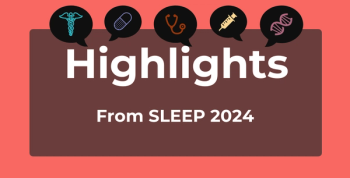
Check out our top 5 most-viewed pieces of coverage from the 2024 SLEEP meeting.

Check out our top 5 most-viewed pieces of coverage from the 2024 SLEEP meeting.
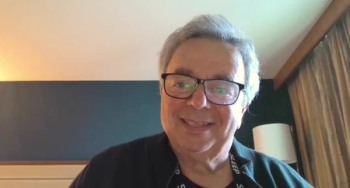
Ron Grunstein, MD, PhD, head of sleep and circadian research, Woolcock Institute of Medical Research, details results from the ALKS 2680 trial and the study's next steps.
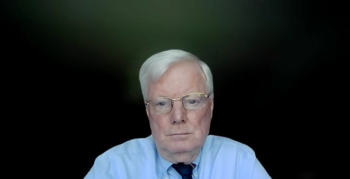
Michael Thorpy, MD, professor of neurology, Albert Einstein College of Medicine, discusses the hopeful future of treatment in idiopathic hypersomnia.

Michael Thorpy, MD, professor of neurology, Albert Einstein College of Medicine explores the current treatment landscape of idiopathic hypersomnia and the associated challenges with approving new medication for this condition.

Michael Thorpy, MD, professor of neurology, Albert Einstein College of Medicine, explored the mechanism of action in orexin agonists, which has been indicated for idiopathic hypersomnia.
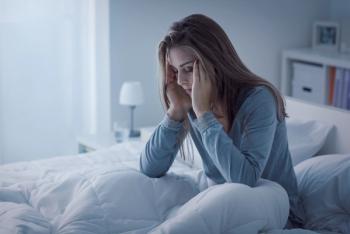
The SLEEP 2024 Annual Meeting featured talks on numerous topics throughout the 5-day meeting, including sleep inequities, narcolepsy, and mental health’s association with sleep.
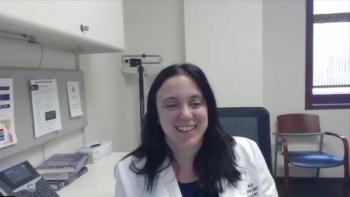
Melissa Jones, MD, shares insights into recent artificial intelligence (AI) innovations in the realm of sleep studies.
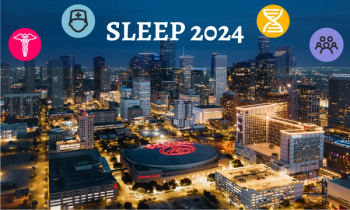
Speakers at SLEEP 2024, the annual meeting of The American Academy of Sleep Medicine and Sleep Research Society, share their favorite parts of the conference.
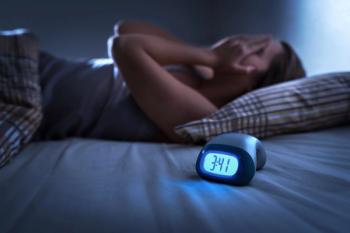
Allison Brager, PhD, neuroscientist, Walter Reed Army Institute of Research, discusses the interplay between physical exercise and circadian rhythms in improving cardiovascular health.
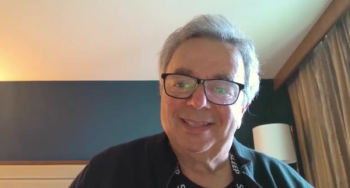
Ron Grunstein, MD, PhD, head of sleep and circadian research, Woolcock Institute of Medical Research, shares findings from a phase 1b study on the use of a novel orexin agonist in patients with narcolepsy type 1.
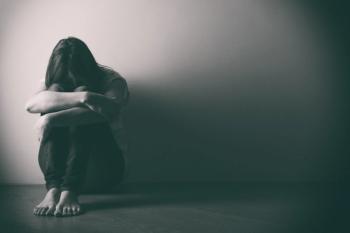
Posters presented at SLEEP 2024 found reduced total sleep time among adolescents on weeknights, leading to less total sleep, as well as a link between lower sleep duration and poor mental health.

A session at the SLEEP 2024 Annual Meeting discussed the various inequities in sleep that persist in individuals who are incarcerated, attend university, or work at hospitals.
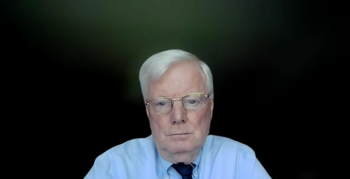
Michael Thorpy, MD, professor of neurology, Albert Einstein College of Medicine, discusses promising pharmacological treatments for patients with idiopathic hypersomnia.

A symposium held at the SLEEP 2024 Annual Meeting discussed updates in narcolepsy and idiopathic hypersomnia treatment, specifically in guidelines for treatment and testing in this population.

Use of sodium oxybate and low-sodium oxybate led to meaningful improvements in patients with hypersomnia and narcolepsy regardless of comorbidities.

Hrayr Attarian, MD, professor of neurology, Northwestern Feinberg School of Medicine, shares findings on sleep inequities that have greatly impacted refugees.
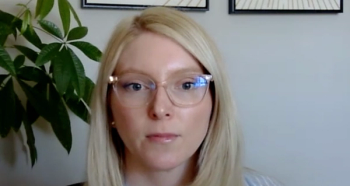
Caitlin Kindberg, patient advocate in Nashville, Tennessee, discusses her lived experience as an individual with idiopathic hypersomnia, and how the sleep disorder impacts her day-to-day life.

The relationships among bipolar disorder, sleep, and circadian rhythms were emphasized in a panel held at SLEEP 2024.
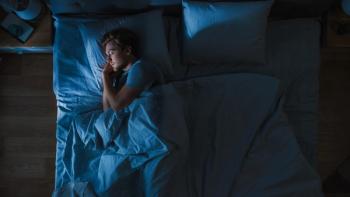
The session held at SLEEP 2024 focused on the challenges of collecting data on sleep and circadian rhythms in adolescents, as well as the difference between home and lab measurements.
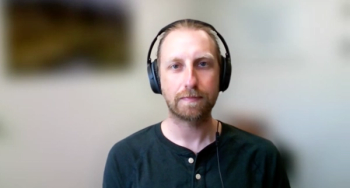
Christopher Depner, PhD, professor of health and kinesiology, University of Utah, shares the challenges of measuring sleep with wearable devices due to nonadherence and the need for metrics like the Sleep Regularity Index.
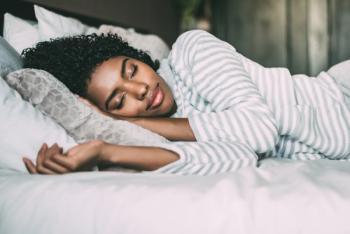
The annual conference taking place from June 1 to June 5, 2024, will feature sessions on the relationship between mental health and sleep, artificial intelligence in sleep, and different sleep conditions.
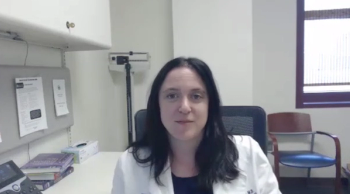
Melissa B. Jones, MD, staff neuropsychiatrist, Michael E. DeBakey VA Medical Center; assistant professor of psychiatry, Baylor College of Medicine, shares what she is looking forward to at this year's SLEEP 2024 conference.
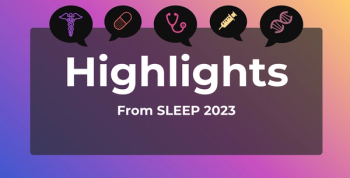
Key highlights from SLEEP 2023: long COVID-19's impact on sleep, racial disparities in sleep health, idiopathic hypersomnia prevalence, disrupted nighttime sleep's link to narcolepsy in children, and the ease of transitioning to lower-sodium oxybate in narcolepsy treatment while maintaining effectiveness.

Sheila Garland, PhD, MSc, Memorial University in Newfoundland, Canada talks about the cognitive effects cancer can have on patients, beyond treatment side effects, and the direct impacts these can make on patients’ lives and care.

Dayna Johnson, PhD, MPH, MSW, MS talks about the necessity of community partnerships as the recipient of this year’s Associated Professional Sleep Societies (APSS) Diversity, Equity, and Inclusion Leadership Award at SLEEP 2023 and how inquiring into the community is vital for integrating healthy sleep practices.
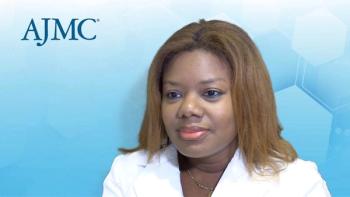
Judite Blanc, PhD, is lead author on the abstract, “Social Determinants of Sleep Disorders Among Multiethnic Americans in the NIH All of Us Research Program,” which was presented on June 5th at the SLEEP 2023 conference.
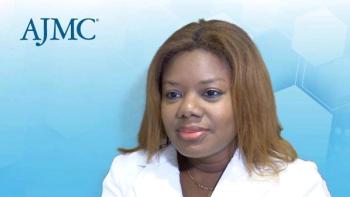
Judite Blanc, PhD, University of Miami Miller School of Medicine, discusses how total sleep needs vary among ages and the consequences of these changing hourly totals.
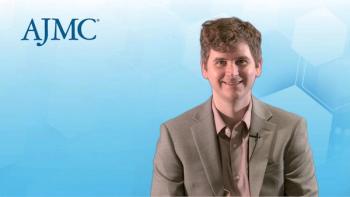
In this interview from SLEEP 2023, Andrew McHill, PhD, of Oregon Health and Science University (OHSU), explains the importance of individualizing sleep hygiene recommendations.

In this interview from SLEEP 2023, Dayna Johnson, PhD, MPH, MSW, MS, addresses the various pathways through which cardiovascular health is adversely affected by suboptimal sleep health.

Children with narcolepsy often have disrupted nighttime sleep (DNS), which could lead to other effects, such as memory issues.

259 Prospect Plains Rd, Bldg H
Cranbury, NJ 08512
© 2025 MJH Life Sciences®
All rights reserved.
